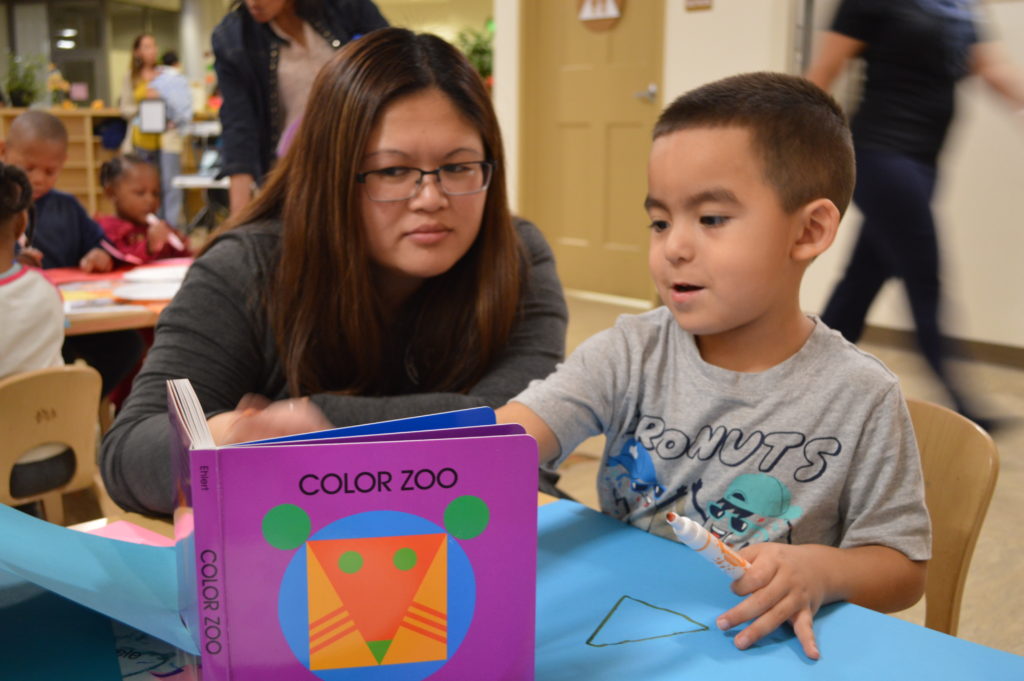When on a WAITING LIST for Speech Pathology….What you can do!
Have you been told that the WAITING TIME for your child to see a Speech Pathologist is lengthy?
Unfortunately the demand for Speech Pathology services continues to far exceed the demand in many parts of Australia. You are not alone.
All over this country there are children of all ages waiting far too long for the support they need to develop speech, language and communication skills.
We all know that Early Identification and Early Intervention are both crucial if we are to help our children reach their potential.
So
….you can either throw your hands in the air and sit and wait
Or
….think outside the square and choose to be proactive in this waiting phase
This problem requires a few creative solutions but there is no reason why your child, a child you educate or care for cannot access support immediately.
Here are some ideas that you may have not yet considered:
Speech Pathologists are not the only professionals who can help your child!
Yes, that’s correct. Everyone has a role in nurturing the speech, language and communication skills of children.
Start by building your own knowledge and skills around all things child communication by keeping an eye out on our Facebook and Instagram social media channels.
Take a deep dive into our WEBSITE where we share checklists, access to free texts as well as a weekly Chatterbox blog covering a wide range of topics.
Many speech pathology and allied health practices such as ours are employing and training non- Speech Pathologists with backgrounds in early childhood, education or disability to become Speech Pathology Therapy Assistants. As Therapy Assistants come from a wide variety of backgrounds, it can often be easier to recruit them than qualified Speech Pathologists. Therapy Assistants can deliver programmes to clients that are deemed suitable for such a service with close Speech Pathology supervision.
If your child or a child you educate is waiting for Speech Pathology, it may be worth asking
‘Does your practice provide a Therapy Assistant service?’.
If so, this might be an option whilst your child is waiting for a Speech Pathologist!
Many young children under the age of 7 who are eligible for NDIS funding have Key Workers who are early childhood intervention specialists. If your child has a Key Worker but is still waiting for a Speech Pathologist, encourage your Key Worker to Contact Us us to discuss the possibility of some
Face to Face or Zoom Coaching
to build valuable knowledge, skills and confidence to support your child’s speech, language and communication skills during this interim period.
We now provide a range of tailored Professional Development packages to meet the needs of Parent Groups, Key Workers, Early Childhood Educators and Disability Support Workers.
We just love it when we get contacted to discuss collaborating to help more children.
Consider Tele-Practice
Whilst most families prefer Face-to-Face Speech Pathology services, there are several who decide to embrace Tele-Practice once they have given it a try.
Tele-Practice can provides a great start whilst children are waiting for a Face to Face Speech Pathology appointment. At Learn2Communicate as well as in many […]


